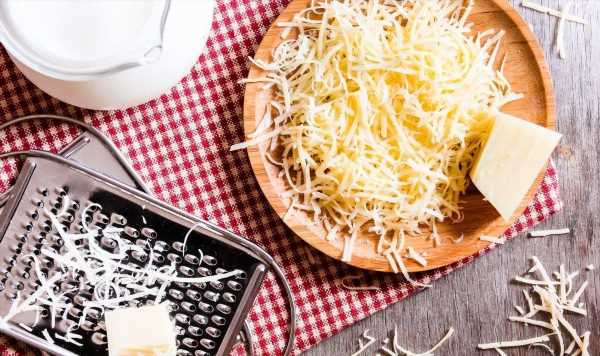This Morning: Suzane Mulholand on freezing foods
We use your sign-up to provide content in ways you’ve consented to and to improve our understanding of you. This may include adverts from us and 3rd parties based on our understanding. You can unsubscribe at any time. More info
With the cost of living crisis hugely impacting British households, many are keen to make savings wherever they can. By using the freezer more, you can reduce chucking perfectly edible food out before its time. Experts at leading appliance brand Hisense revealed some popular foods you probably did not know could go in the freezer.
Cake
Got a birthday coming up and have a cake sorted for the big day? Leftovers can absolutely be frozen.
Having to throw away delicious birthday cake is a sad state of affairs for dessert lovers, so to combat this it can be stored in the freezer.
Make sure to slice it up before you place it into a freezer-suitable container. To prevent the slices from sticking together, it’s best to put a piece of greaseproof paper between each slice.
To defrost, Taste recommended leaving the slices to stand at room temperature for two to three hours.

Hummus
Often a tub of hummus is chucked away and discarded into the bin even though some chickpea goodness still remains.
To freeze, the experts recommended dividing the hummus into small, airtight containers. This can be defrosted in the fridge when needed.
The Spruce Eats detailed how chickpea lovers can then defrost it: “When you remove the lid, you may notice that there’s some liquid at the top but this is completely normal and just means the hummus has separated a bit.
“Give it a good stir and it should be ready to eat immediately. If you like your hummus warm, pop it in the microwave for a few seconds, and that will help with the consistency as well.”
Milk alternatives
As Hisense stated, there is “no point crying over spoilt milk”. You may not use all the milk in the bottle, especially if there aren’t many people in your household, so this is a great way to use it up and keep from buying more.
This can prove to be a great money-saver as milk is a huge household staple.
The experts suggested dividing the milk into small quantities and freezing before the ‘use by’ date. Defrost in the fridge and use up in 24 hours.
According to Healthline, cow’s milk can also be frozen. The website also suggested that it’s best to use it within one month of freezing, although up to six months is also acceptable.
Milk should be defrosted in the fridge as opposed to at room temperature to decrease the risk of bacterial growth.

Onion
Oftentimes we will only use half an onion and throw the other half away wastefully.
The experts revealed that you can freeze the other half and cook it straight from frozen, no defrosting needed.
Eggs
Instead of throwing away perfectly good eggs, these can be frozen too – make sure to crack them into an airtight container first.
As for defrosting and eating, Egg Info stated: “Frozen eggs in any form need to be fully thawed to be used and can only be eaten in thoroughly cooked dishes. Never cook eggs directly from frozen.
“To defrost, move the egg from the freezer to the refrigerator to be stored overnight, this will help to avoid any exposure to bacteria.
“To quicken the process, run cold water over the freezing container. Be sure to use the eggs as soon as they have thawed.”
Cheese
Sometimes we cannot finish all the cheese in the block, no matter how many sandwiches, pasta dishes or late-night cheese snacks, before it goes mouldy.
But with this hack, gone are the days of cutting off the mouldy section. Grate hard cheeses into an airtight container and place in the freezer. You can grab handfuls when you need them.
According to The Kitchn, said cheese can either be defrosted overnight in the fridge or left at room temperature for about 20 minutes.
The act of shredding the cheese before you freeze it helps it defrost better.
Source: Read Full Article
